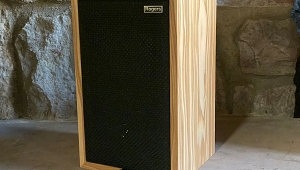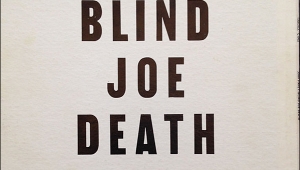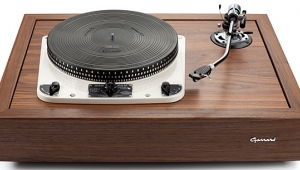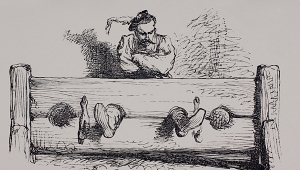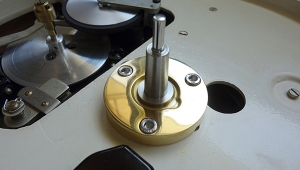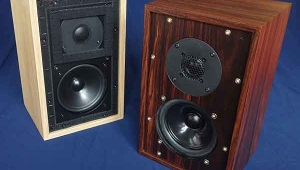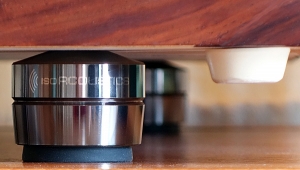| Columns Retired Columns & Blogs |
You are correct, Mr. Dudley. When i listen to great country songwriting, it's a shame where the industry has arrived. I'll be listening to Nelson, Parton and Kitty Wells et al. Good lyrics and songs just don't die. Darkness on the face of the earth, I've just destroyed the world i'm living in, yesterday, today and tomorrow, This white ring around my finger. the list goes on. Thank heavens for those rebels who carved out a true genre.



